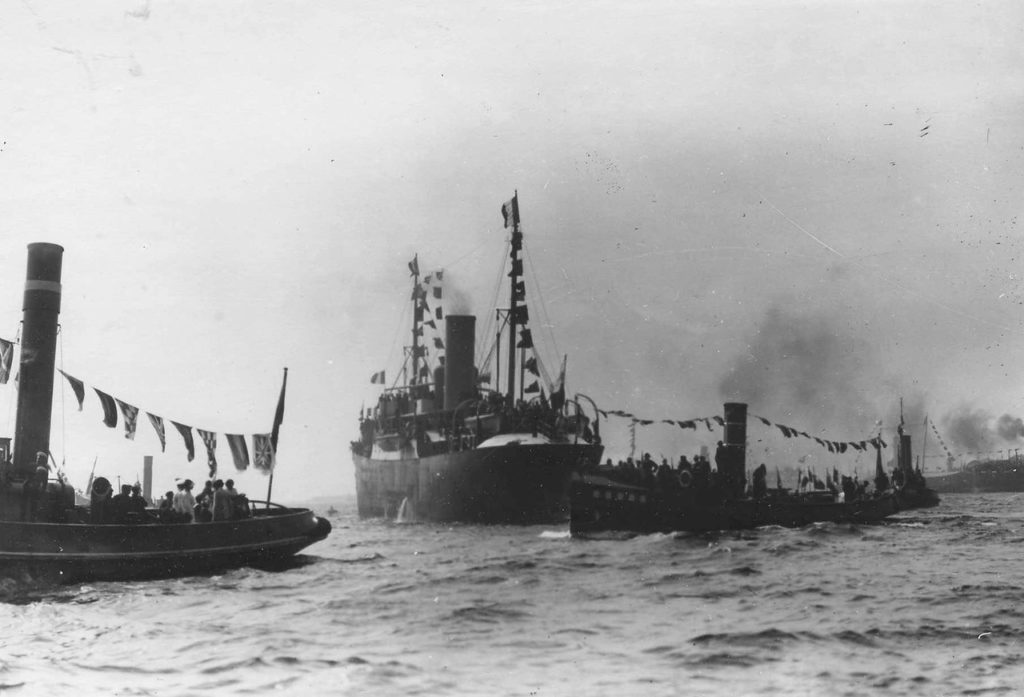
Related
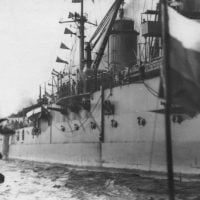
Russian messenger ship "Luna", welcomes the battleship France
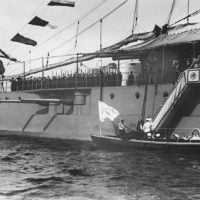
Boat "Peterhof" docks to the battleship "France". Kronsdadt, July 7, 1914.
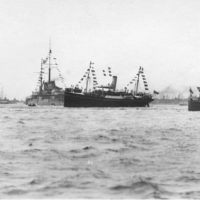
The Russian squadron is met by the French Battleship "France" with Prime Minister Poincare on board the Kronstadt roadstead. July 7, 1914

The public on the deck of the steamship "Rus" greeted the French squadron.

Battleship France and welcoming steamships.
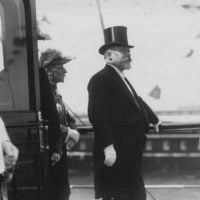
Poincare aboard the Russian Imperial Yacht Alexandria. July 7, 1914

Train arriving at the station with the property avia squads. Pskov. 1st and 7th Air Squads. 1914-1916.

Poincare, Admiral LeBree, Minister-President R.Viviani and their accompanying persons are transplanted from the Peterhof military ship to the Imperial Yacht Alexandria. July 7, 1914.

Poincare aboard the Russian Imperial Yacht Alexandria. July 7, 1914
Steamers "Lubava", "Rus" and "Lion" are sent to meet the French squadron. July 7, 1914.
Summary
Steamers "Lubava", "Rus" and "Lion" are sent to meet the French squadron. July 7, 1914.
Пароходы «Любава», «Русь» и «Лев» направляются навстречу французской эскадре. 7 июля 1914.
During the 1890s, Russia's foreign policy moved away from Germany and toward France. After Bismarck lost office, there was no renewal of the Reinsurance treaty between Russia and Germany. The German bankers stopped lending to Russia, which increasingly depended on Paris banks. Russia left Bismarck's Three Emperors' League (with Germany and Austria) and instead took up the French proposal for closer relationships and a military alliance. Russia felt humiliated after Austria and Germany prevented it from helping Serbia. The Anglo-Russian Entente and the Anglo-Russian Convention of 1907 made both countries part of the Triple Entente. Both Britain and Russia were then part of the subsequent alliance against the Central Powers in the First World War.
